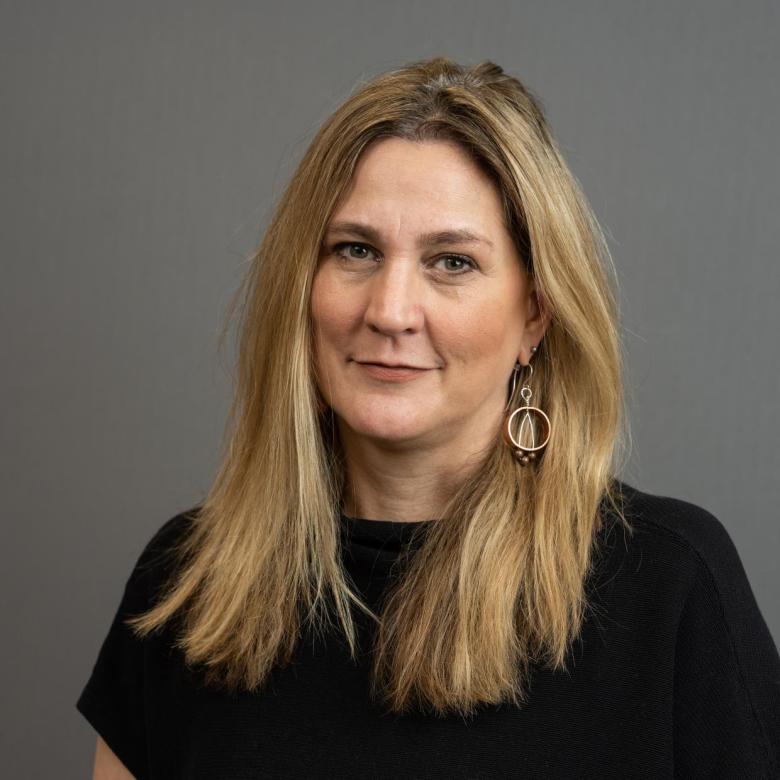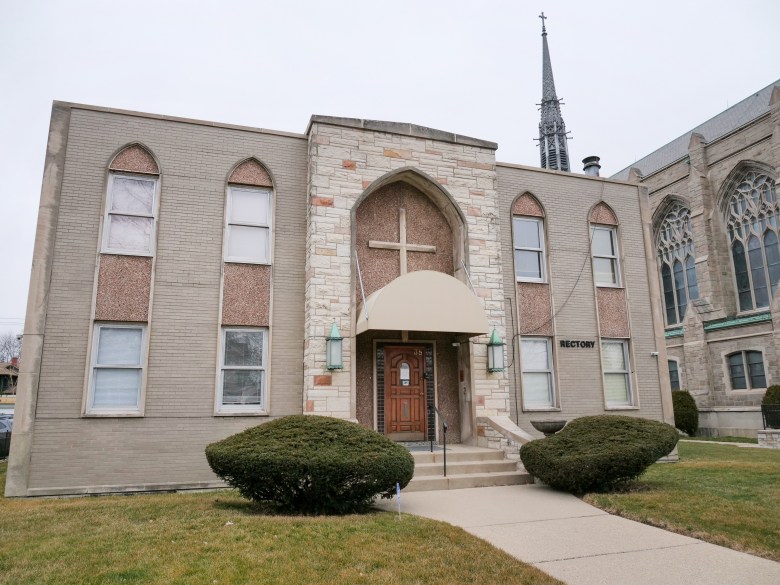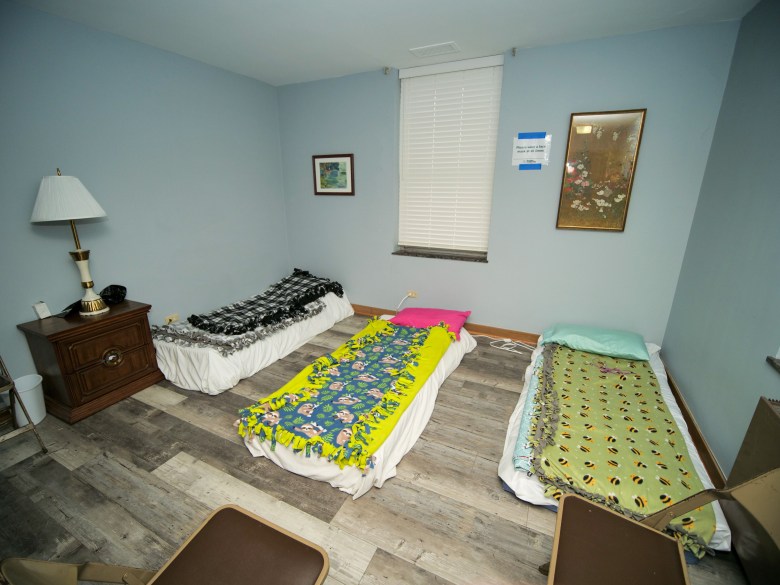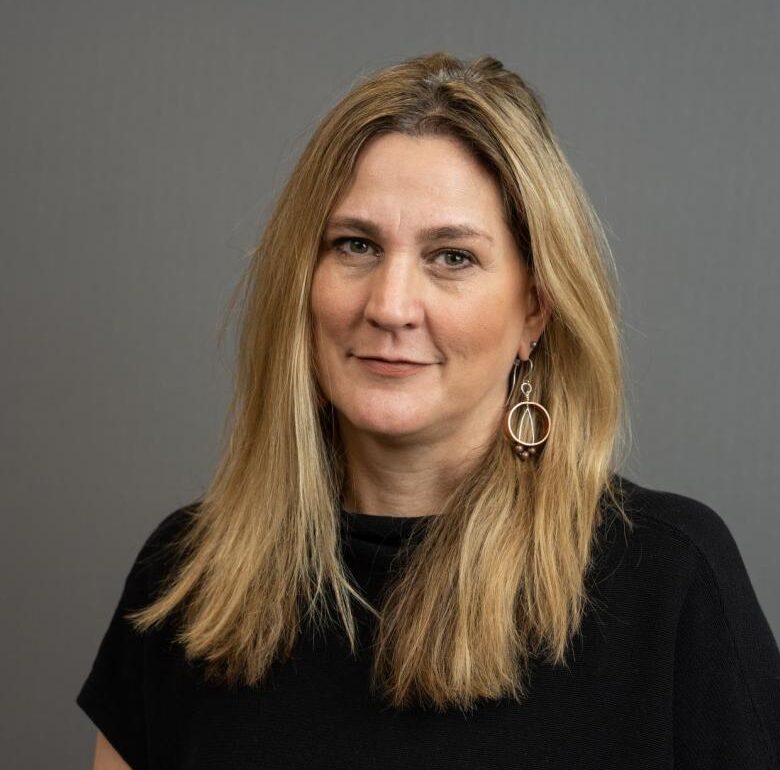If 25 years of experience as the executive director of Housing Forward has taught Lynda Schueler anything it is that ending homelessness will cause your organization to evolve and requires widespread community-wide buy-in.

Since its inception in 1992, Housing Forward, which was formerly known as Tri-Village PADS, has provided temporary housing and related resources to hundreds of people residing in Oak Park, River Forest and Proviso Township, with the assistance of hundreds of volunteers over the years.
Housing Forward has grown immensely since its early days. Schueler said this year’s budget of $14.3 million is the organization’s largest.
She said 60 percent of their budget or $8 million is used on their rehousing initiatives.
Currently, 600 people volunteer with Housing Forward to support their interim housing and emergency shelter initiatives by providing on-site support and meal prep.
However, it was in 2009 that Housing Forward’s leadership decided to take the organization down the path it is currently on. Schueler said in that year a “pivotal” conversation was had among the organization’s board of directors during a strategic planning session that shifted the organization’s directive to focus more on finding interim and permanent solutions to homelessness rather than simply providing a place to sleep in a warm church hall.
To accomplish their goal, Housing Forward has taken a multifaceted approach. For starters, Housing Forward has been using a “scatter site” housing model for more than 20 years where the organization partners with multiple private landlords to lease apartment units on behalf of clients. The organization agrees to pay the lease on a year-by-year basis, schedules home visits for their clients with their case workers, and more.
“I would say 92% of the people that we serve through that program are at least one year with us and generally renewed with us on an annual basis so they’re stable,” Schueler said. “We have clients that have been with us since 2006.”
Schueler said Housing Forward currently has access to 300 units of various types of housing through its scatter site housing initiative with more coming over the next three years.
“We are looking to expand on our scatter site model,” she said. “We have a pretty audacious goal. We want to expand that model by 250 units. We are underway in developing partnerships. We have 82 new units of housing that we will be bringing online next year.”
In addition to the scatter site housing options, Housing Forward broke ground last April on its own permanent housing facility, a 16-unit apartment project in Broadview along the Roosevelt Road corridor. The handsome project is projected to be completed in the first half of 2024.
Schueler said she had several conversations with Broadview mayor Katrina Thompson about partnership opportunities prior to the beginning of the COVID-19 pandemic in 2020 before they finally came to an agreement on the apartment construction project.
“Mayor Katrina Thompson was nothing less than welcoming to us. She understands the value of the work we are doing. She understands affordable housing and that it is not always about building luxury apartment units,” said Schueler. “She really understands the need to get people into stable housing. She was very welcoming and that’s why we are developing in Broadview. She didn’t make it hard for us. Oftentimes there are communities that make it hard.”
Thompson said in a separate interview that Broadview has a “healthy” relationship with Housing Forward.
“It’s healthy because we are talking about humanity and they are out there doing the work that caters to the human spirit, that gives people hope that they can live somewhere safe,” said Thompson.

Although Housing Forward has made an incalculable impact in the lives of many unhoused individuals and those who are at risk of being unhoused in the western suburbs, Schueler said a dearth of local affordable housing and systemic issues like racism and classism help exacerbate the issues unhoused individuals and people at-risk of being unhoused face.
“One of the major causes of homelessness beyond not having enough affordable housing is fractured and broken systems that exist between the public health system and the criminal justice system. Those are systems that have structures that don’t always interface with organizations like Housing Forward,” said Schueler.
“I would also say that the overlay of inequities in our system harkens back to days of redlining, segregating people into certain communities, and not having access to resources to help communities thrive,” said Schueler.
Individuals interested in volunteering with Housing Forward should visit their website, complete a volunteer application, and wait for contact with the organization’s volunteer manager.
Agency jumps in for migrants
In examples of being nimble, Housing Forward has also responded to two developing housing needs in the communities.
The organization recently relaunched a 15-bed emergency overnight shelter. This time it is housed every night in the former rectory at St. Catherine-St. Lucy Church, Austin and Washington boulevards in Oak Park.

And Housing Forward has leapt into providing a range of services to recent South American migrants now receiving temporary housing in Oak Park under the auspices of the village of Oak Park and with the assistance of many volunteers. The individuals and families are sheltered at both the West Cook YMCA and at the Carleton Hotel.
This post was originally published on this site be sure to check out more of their content.














